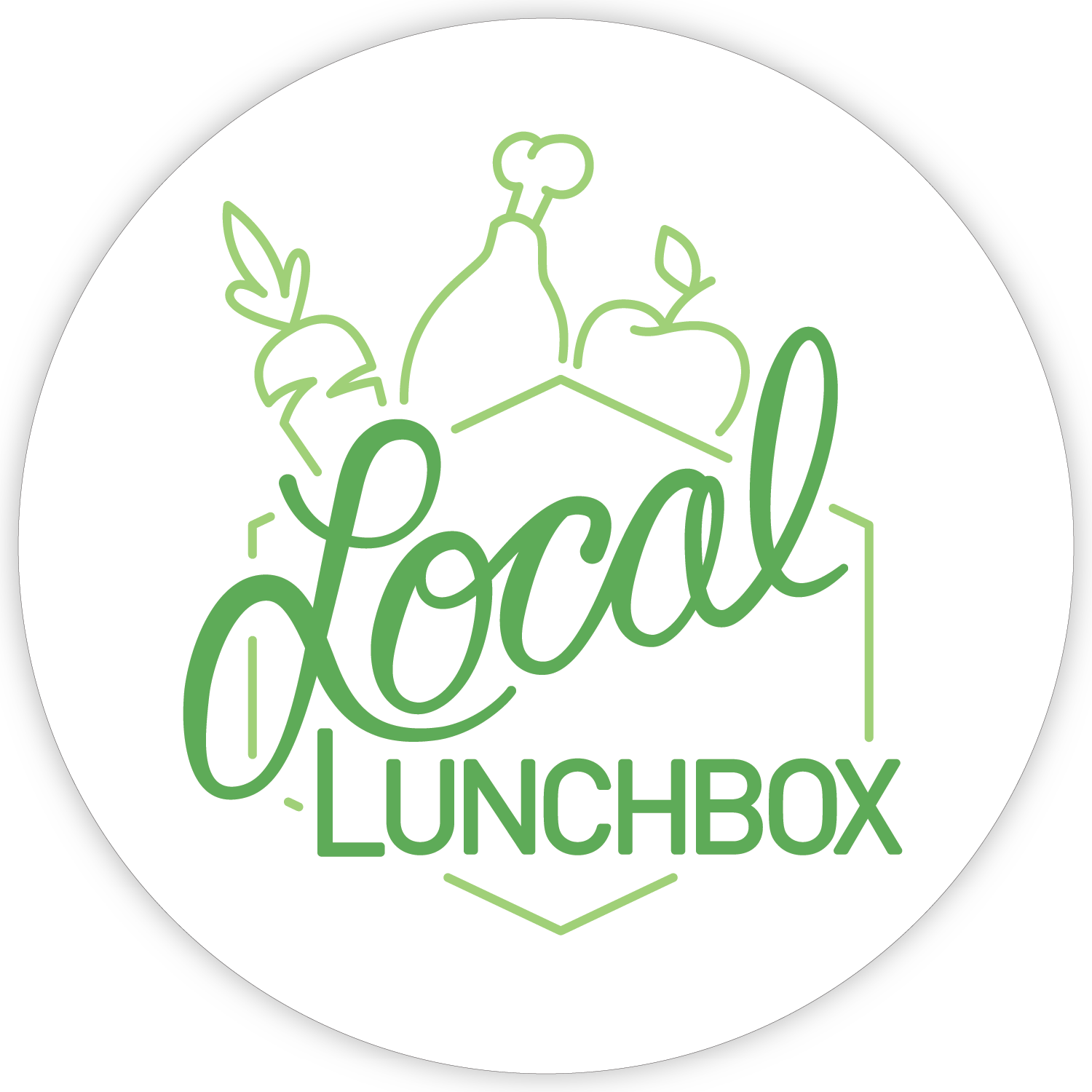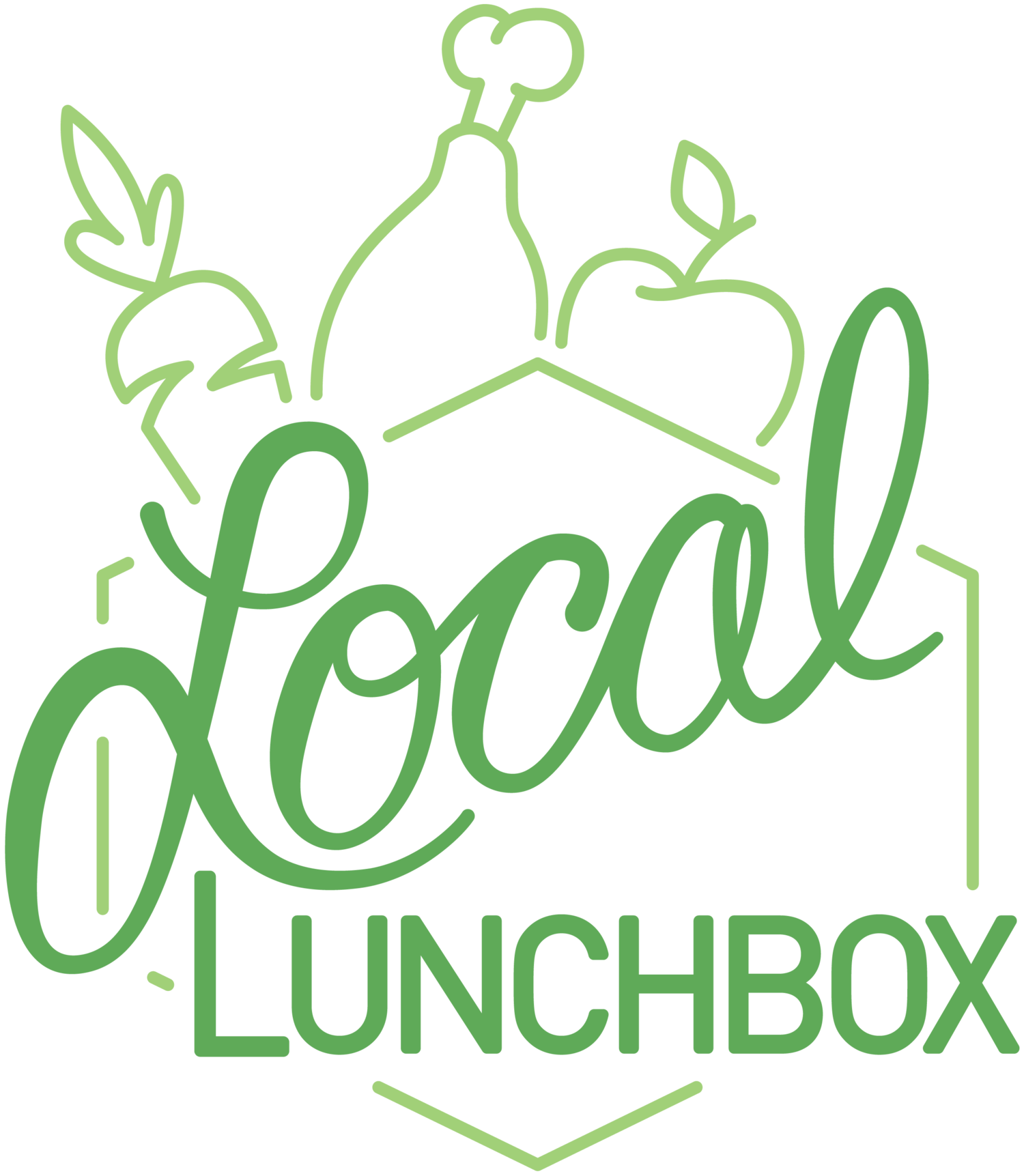Become a Vendor
Local Lunchbox connects local chefs with schools and communities to serve delicious, healthy, culturally-familiar meals to kids and teens ages 18 & under. And, it’s all paid for by the USDA.
As a participating food vendor, you can bring healthy, local food to kids in your community – and make money on every meal!
HOW IT WORKS:
Learn More About Being a Vendor
Different meal sites will have different food needs. These may include:
Individual prepared meals
Bulk prepared meals
Retail meals
Managed food service contracts
How it works
You will be introduced to a Financial Sponsor (eg YMCA, a school) who will help evaluate your capacity and fit for the program
If they decide to move forward, the Financial Sponsor will pay you for every meal served at a set rate (typically the USDA reimbursement rate for the programs you’re serving
You will create a delicious menu that is delicious, healthy, and meets the USDA guidelines
Your will be responsible for delivering food to the meal sites on a daily basis
At the end of the week you will report total meals served to your Financial Sponsor
What meals are included?
Summer: Breakfast and / or lunch
After school: Snack and / or supper
School day: Breakfast and / or lunch
How much do we get paid?
The USDA reimburses your Financial Sponsor for every meal - rates vary slightly depending on the specific USDA program, but they are around $2.55 for breakfast, $4.48 for lunch / supper, and $1.00 for snack.
The Financial Sponsor will pay you at a set rate per meal - this is typically a few cents less than the reimbursement rate to cover the Financial Sponsor’s administrative costs.
Most states allow vendors to serve up to $250,000 worth of meals without a formal bid process; beyond that threshold the Financial Sponsor will need to release a public bid for the contract. Your business - along with other vendors - can bid on the contract, and it will be awarded to the lowest bidder.
What are the requirements?
The program is open to any food business interested in serving nutritious, delicious, culturally-familiar meals to youth in the community
You must be able to document menus, recipes, and portion sizes; track meals delivered to each site; and take temps of product upon delivery
Meals must follow the USDA nutritional guidelines
Meal service models
Individual or bulk prepared meals:
The program is open to any food business interested in serving nutritious, delicious, culturally-familiar meals to youth in the community
You must be able to document menus, recipes, and portion sizes; track meals delivered to each site; and take temps of product upon delivery
Meals must follow the USDA nutritional guidelines
Retail meals:
During the summer, restaurants located in high-needs areas can serve Local Lunchbox meals out of their retail space.
Kids can come into the restaurant, order the Local Lunchbox special, and eat their meal at the restaurant.
At the end of the week, the business reports the total Local Lunchbox meals served to the Financial Sponsor, who pays the business at the agreed upon rate.
Managed food service contracts:
Some groups may have commercial kitchen facilities, but nobody to cook in them.
Rather than preparing food offsite, your food business could use the kitchen to cook and serve food directly in the facility, providing staff, purchasing food, and cooking on site.
How to get started:
Complete the Local Lunchbox Food Vendor Form
If you have any questions, please email Hello@LocalLunchbox.org
“My passion for the craft is what drives me. I have studied various cuisines from around the world - French, Asian, Italian, all the way to South American and Mexican. I love the experience and knowledge I have gained over the years and want to give that same experience back to the community in which I came from. I want to provide moments that people will share and remember for a lifetime.”




